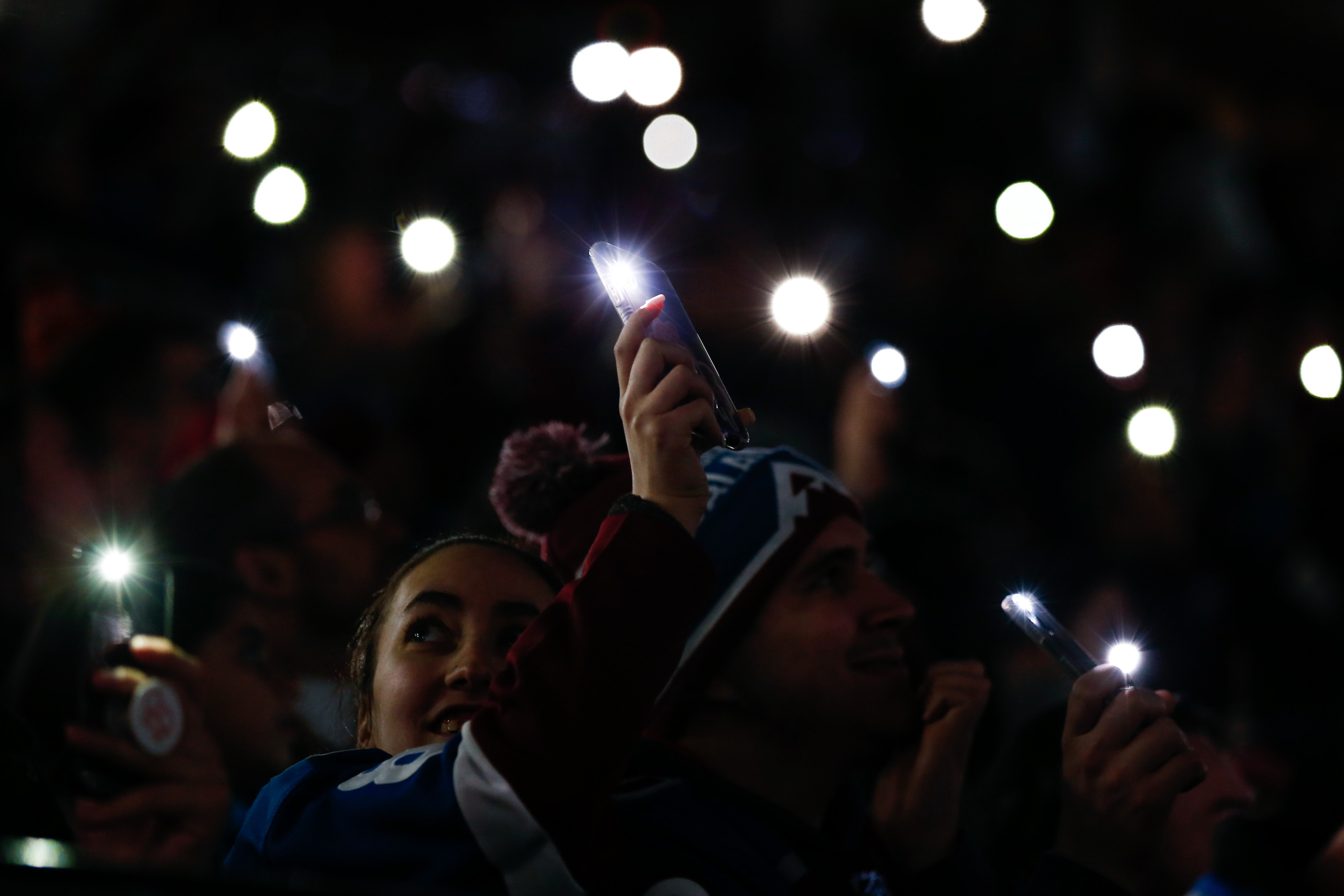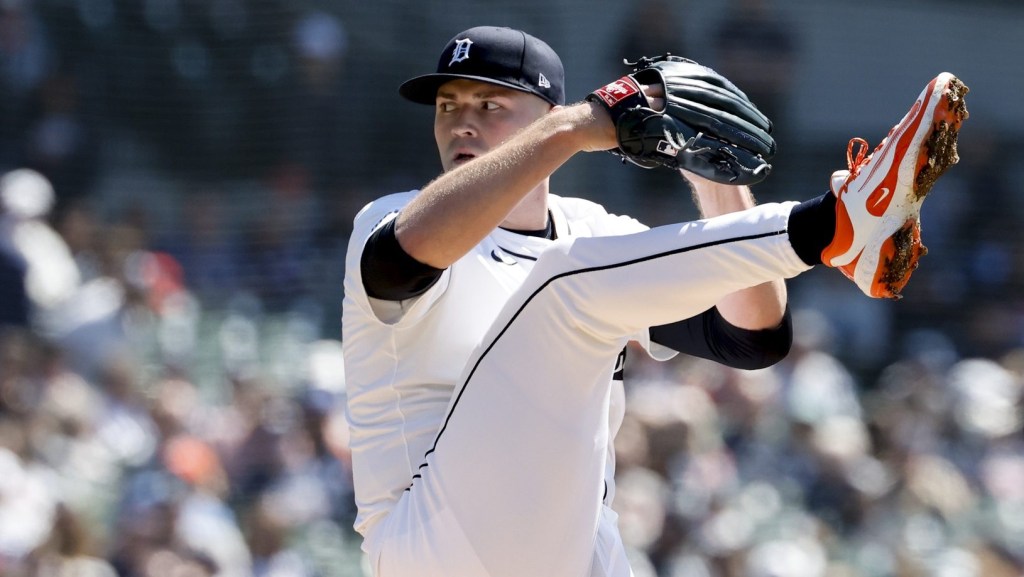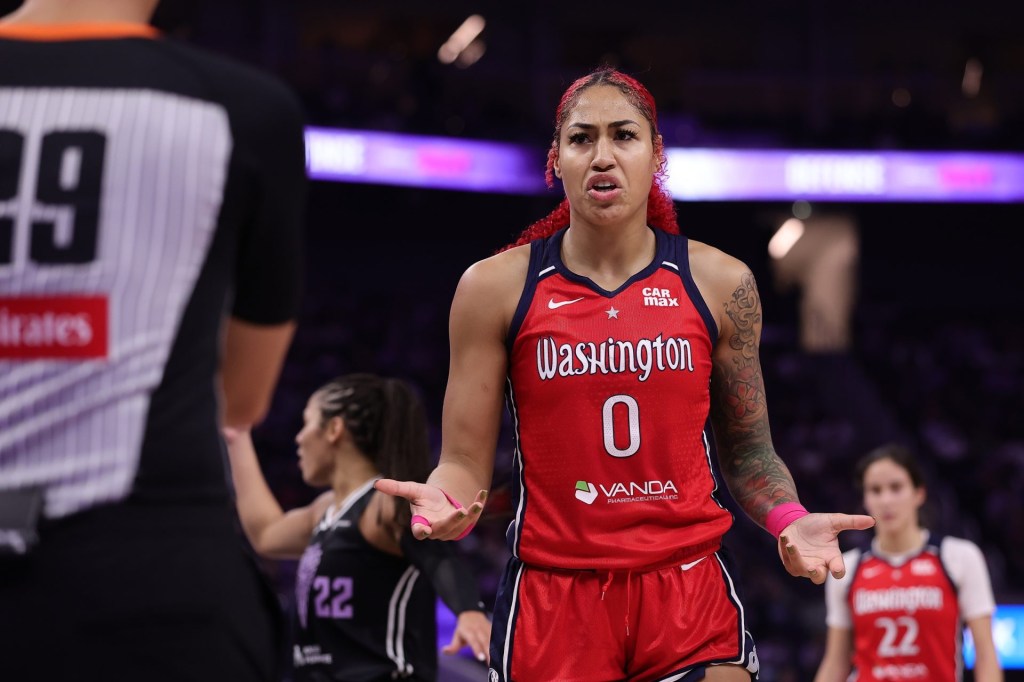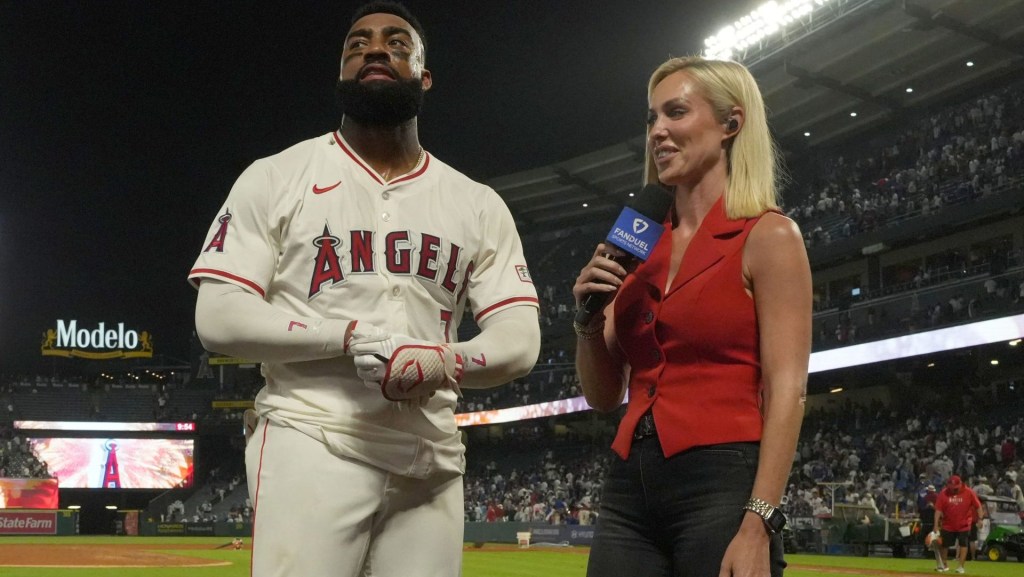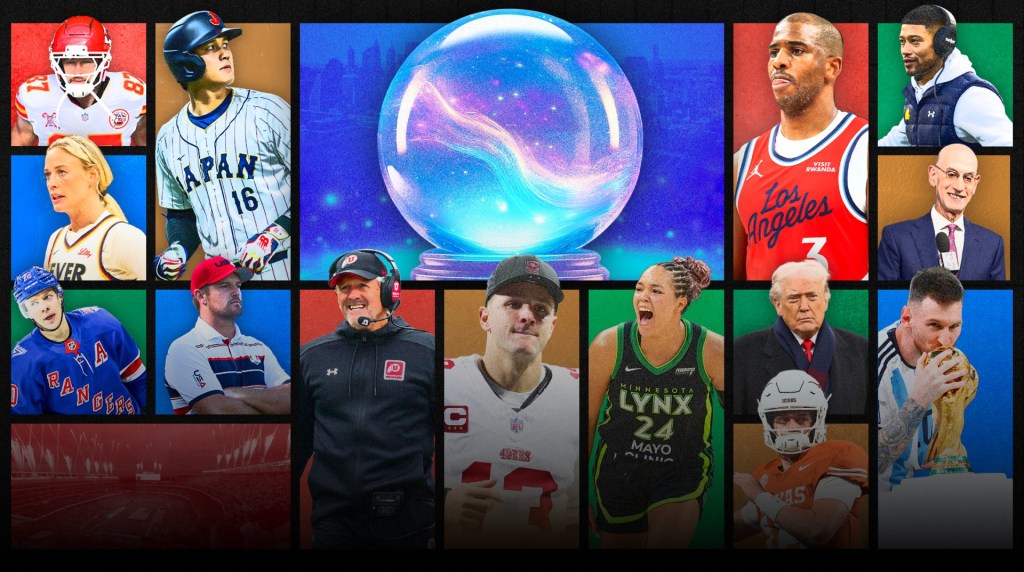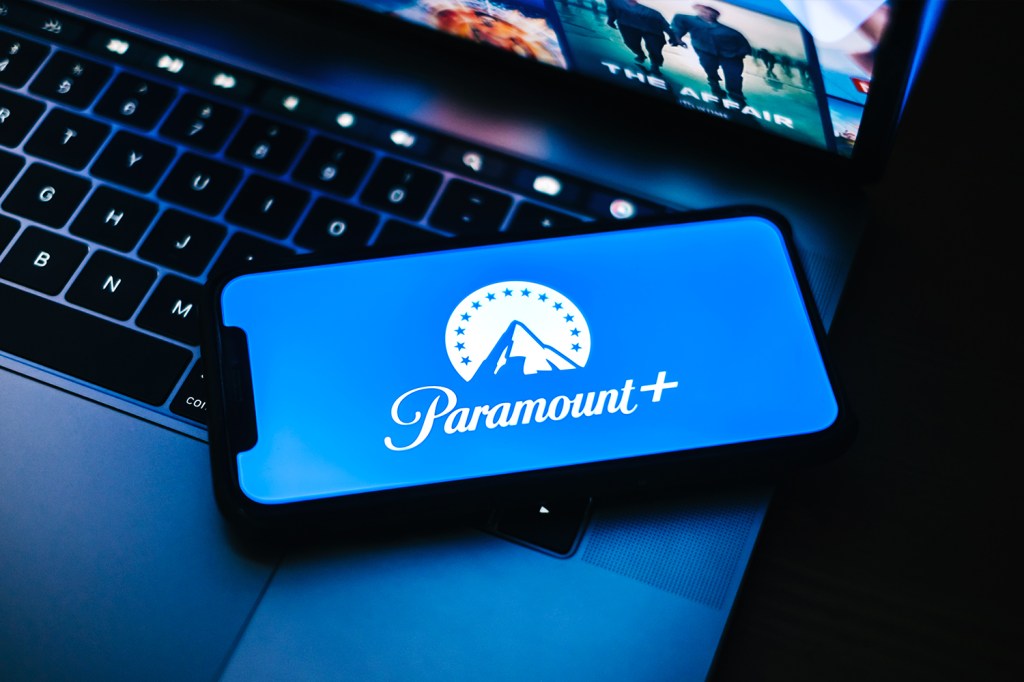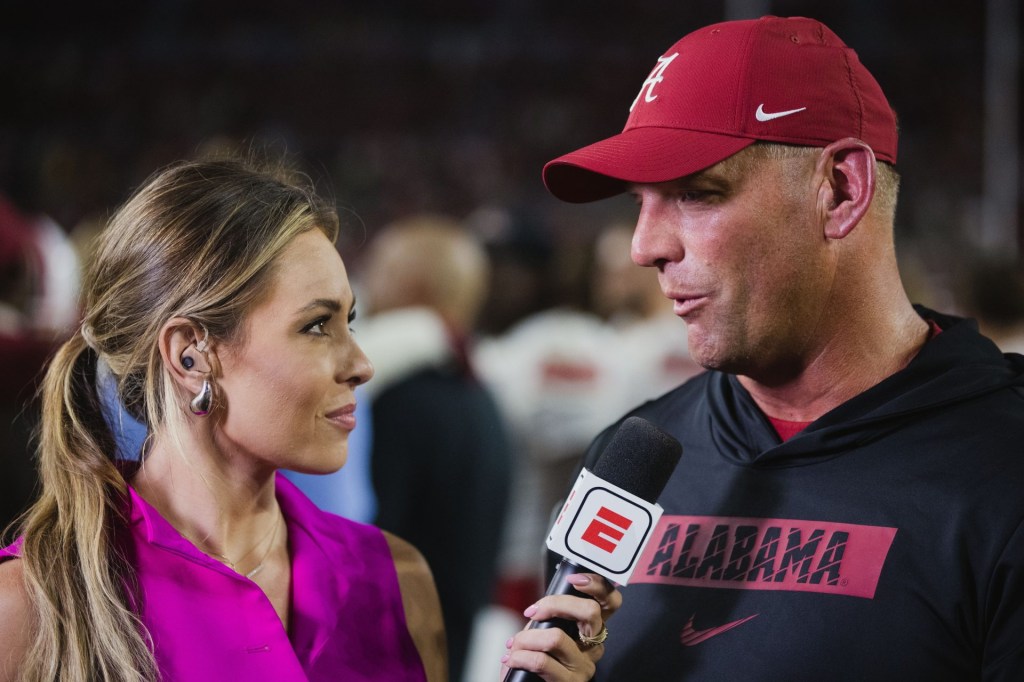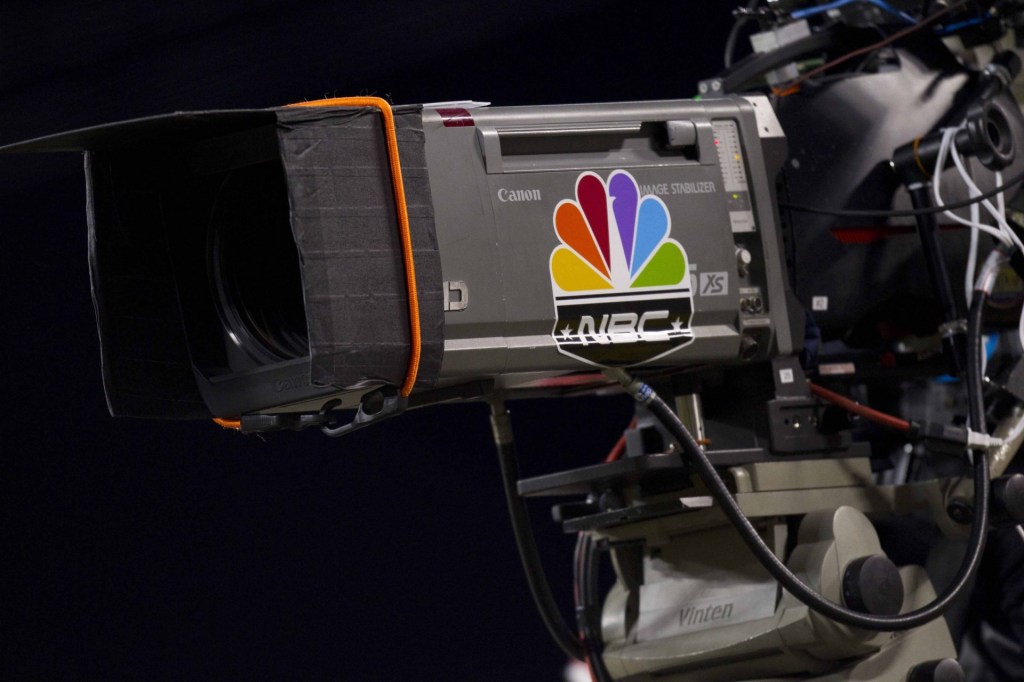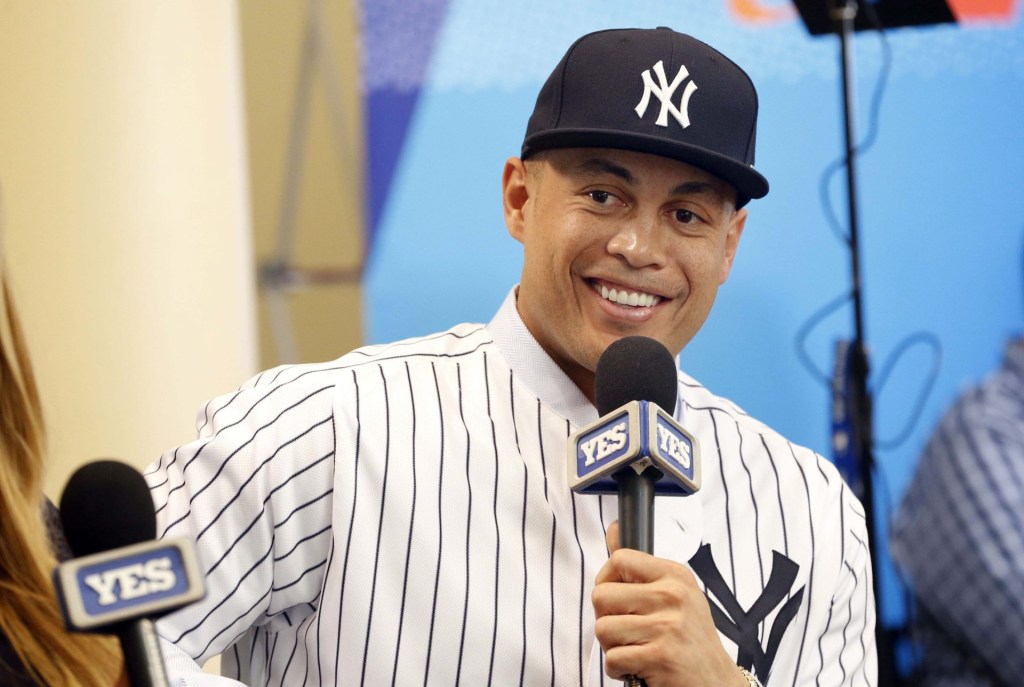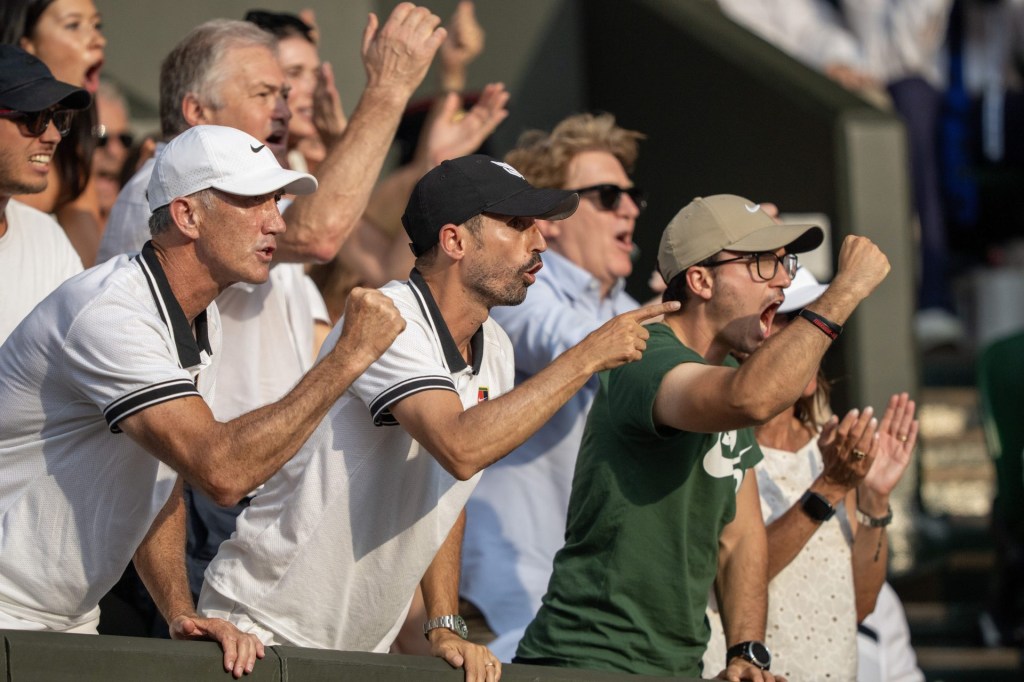Rael Enteen remembers being out at dinner with Bailey Carlin talking about the XFL’s social media approach ahead of its launch.
The topic inevitably touched on TikTok, and Carlin, the league’s social media editor, offered up an opinion that Enteen holds onto months later – even after the XFL’s demise and the global controversy surrounding the Gen Z-focused platform.
“[Carlin says], ‘I’ve got a hot take: in two months we’ll be getting more video views via TikTok than every other platform combined’ – and I laughed at him,” recalled Enteen, who at the time was the XFL’s senior director of social media.
At the time, Enteen’s dismissal wasn’t entirely pessimistic. When the XFL launched its TikTok account on December 13, it had nowhere near the following of other major professional U.S. leagues.
But even with a long way to go before genuinely establishing relevance, TikTok was viewed as an opportunity for the XFL to introduce football and the league to a new demographic in a unique way. In less than two months, the league had accumulated more than 58,600 followers, nearly 730,000 likes, and was growing by roughly 1,000 followers per day. By the time that the league suspended its season on April 11, its followership had grown to more than 338,500 – and made Enteen realize the untapped potential that sports brands have on the ByteDance-owned app.
“It’s a very humbling memory because I couldn’t have been more wrong,” Enteen said. “I didn’t realize how easy it was to go viral.”
In the months since, nearly every major U.S. league and team has looked to establish its own foothold on the platform, ranging from the NHL to the Chicago Bulls.
But recently, TikTok’s reputation as a new-found connection point with Gen Z fans has collided with growing political concerns both domestically and abroad, raising questions about the future of the platform.
The Indian government announced on July 5 that it would be banning TikTok and other Chinese-owned apps. The move was viewed as crippling to TikTok’s attempt at developing its global audience. The app would end the week of June 29 with a 19% decline in downloads.
Randy Nelson, an analyst with Sensor Tower, told CNN that ByteDance could “miss out on another 100 to 150 million first-time installs of TikTok in India,” after the country had generated nearly 660 million downloads since the app’s inception in 2017.
READ MORE: Sports Brands Learning To Be Musically Creative On TikTok
The future of TikTok in the United States is also much cloudier than months past. On July 10, Amazon asked all of its employees to delete the app from their cell phones if they wanted to obtain mobile access to their work email. Nearly five hours later, Amazon backtracked, claiming that the email sent to its workers was sent erroneously.
The United States government has also inserted itself into the conversation, with President Donald Trump’s chief of staff Mark Meadows hinting on July 15 that a decision on a potential ban of the app could come within weeks.
“There are a number of administration officials who are looking at the national security risk as it relates to TikTok, WeChat and other apps that have the potential for national security exposure, specifically as it relates to the gathering of information on American citizens by a foreign adversary,” Meadows told reporters. “I don’t think there’s any self-imposed deadline for action, but I think we are looking at weeks, not months.”
The United States government’s combative relationship with TikTok is not a recent phenomenon. On November 1, 2019, the government rolled out a national security review of ByteDance’s $1-billion buyout of TikTok’s predecessor, Musical.ly. Government officials were concerned that ByteDance was censoring politically sensitive, China-related data from TikTok.
They also were worried that TikTok – now led by CEO Kevin Mayer, who previously was Disney’s head of streaming – was collecting user data and sending it back to China.
While the U.S. government is taking a hard stance against TikTok, many sports properties are still taking a wait-and-see approach.
“At least at the college level, I think that our future recruits are on this platform,” Marc Jordan, assistant director of social and digital strategy at Texas Athletics, said. “I honestly view TikTok as the future of our recruiting classes, the future of our athletes, the future of the Texas Longhorns and the University of Texas in general. I think it would be a disservice to us to sit back and wait for decisions to be made when we’re not really hurting anyone by continuing to put out content on the platform.”
Texas Athletics will still continue to bolster its presence on the platform, Jordan said. Since dedicating more resources to its TikTok account in early-May, the Longhorns’ following has grown from 1,200 to more than 44,300 as of July 17 – an increase of 3,591.6%.
Barring any government involvement, Jordan is not interested in lowering the Longhorns’ TikTok output, viewing it as a way for Texas Athletics to reach prospective athletes.
“Once a decision is made on the national level, we’ll obviously abide by that, and we will respect that decision,” he said. “Until then, I think it’s a huge recruiting tool for students, student-athletes, fans – all of the above.”
As those in social media await the U.S. government’s decision on TikTok, Mathew Micheli, co-founder and managing partner of media marketing agency Viral Nation, Inc., believes that sports brands will be skeptical about the amount of resources they invest on the app.
“Are you really going to allocate your resources to a platform that’s already had rumblings potentially being shut down?” Micheli asked. “I would rethink my strategy. If you’re an American-focused team, it would obviously be very different – but if you’re in different regions of the world, I’d reconsider the strategy on how much emphasis and resources I put onto that platform right now.”
Micheli thinks that those in digital and social media should be paying more attention to is Instagram Reels, Facebook’s answer to TikTok. After launching in Brazil last November and expanding to France and Germany last month, the platform debuted in India shortly after the country’s TikTok ban. It is expected to expand into the United States and more than 50 other countries in a matter of weeks, according to NBC News.
Instagram Reels is similar to TikTok in that it allows users to create and share 15-second video clips with an abundance of music to incorporate. They can also copy and recreate audio from other people’s clips, which like TikTok, can go viral in a “Featured Reels” section of the most popular posts. It will be accessible through a new icon at the bottom of their screen on Instagram with the ability to post Reels to Instagram Stories.
“I think that [Facebook] is going to try to capitalize on it and see what ultimately happens with TikTok before they go full steam on Reels because they’ll need that stimulation, especially with the younger audience,” Micheli said.
While almost every major sports property is still active on TikTok, there is one recent omission. Recently, esports star Tyler ‘Ninja’ Blevins tweeted to his more than six million Twitter followers that he is leaving TikTok over its privacy issues and Chinese affiliation.
Outside of Blevin, the sports world is still creating content on TikTok. The NBA declined to comment if it is considering abandoning the platform. MLB, MLS, the NFL, and NHL all did not respond to a request for comment on their TikTok involvement and if they would delete their accounts.
In a statement to Front Office Sports about its ongoing legal problems, a TikTok spokesperson said, “We are fully committed to protecting our users’ privacy and security. TikTok has an American CEO, a chief information security officer with decades of U.S. military and law enforcement experience, and a growing U.S. team that works diligently to develop a best-in-class security infrastructure. We have no higher priority than promoting a safe and secure app experience for our users. We have never provided user data to the Chinese government, nor would we do so if asked.”
An NBA team social media employee said their organization maintained their presence on the platform given its efforts to separate its U.S. operations from its Chinese operations. While they do recognize the success that TikTok has brought to them, they are aware that, like other apps in the past, it could just as quickly cease to exist.
“TikTok has insane growth/reach, so we are going to continue with that opportunity,” the social media worker said. “We’ll just have to proceed with [the] awareness that one day this platform could not exist. Twitter’s Vine was shut down completely too – platforms come and go. Diversifying your online presence is important for this reason.”
If Blevins’ and Amazon’s stances on TikTok had little impact on convincing people to leave TikTok, Ryan Toohil, chief technology officer and head of platform at tech company Aura, said he is not sure if other major sports brands will follow suit. He does, however, hope this ongoing storyline will make them more aware of the role they play in ensuring that their privacy is not compromised on the platform.
“What I hope this does is open people’s eyes to the data they expose to third parties, whether Facebook or TikTok,” Toohil said. “On iOS and Android, people have control over that, and most users don’t pay enough attention to that. If you didn’t give your contacts to TikTok, TikTok wouldn’t have your contacts. TikTok can’t get at your email on iOS and on Android – unless you enable those possibilities. As long as users are cognizant of the risk, the risk of TikTok can be minimized, but the risk will be there.”
READ MORE: TikTok: Sports’ Next Great Social Media Venture?
Despite its recent scandals, no app saw greater success in early 2020 than TikTok. By the end of the first quarter of the year, it was downloaded 315 million times – the most downloads of any app. Less than a month later, both it and its Chinese counterpart, Douyin, reached two billion downloads on Google Play Store and Apple’s App Store, becoming the first app outside of four Facebook-owned properties – Facebook, WhatsApp, Instagram, and Messenger – to achieve this mark.
TikTok’s downloads and gross revenue are both up compared to 2019, according to Stephanie Chan, mobile insights strategist at Sensor Tower. Chan estimates that in the first half of 2020, both Douyin and TikTok drew 623 million downloads on iOS – up 81% from 345 million during that period in 2019.
TikTok’s growth is most notable in terms of revenue. The first half of 2020 saw the app generated about $421 million in gross revenue – an 808% rise compared to $46.4 million during that same stretch in 2019. Even when its downloads dropped nearly 20% during the week of June 29, it raised roughly $26.4 million in gross revenue – up 39% from $19 million in the prior week.
Seeing firsthand the XFL’s TikTok presence change almost overnight, Enteen doesn’t think that sports brands are willing to give up that easily on the chance to connect with the youth.
“In my honest experience, sports teams have executives that are sort of willing to look the other way [from privacy concerns] for the sake of numbers, engagement, and reaching audiences,” Enteen said. “TikTok still offers so much upside there that it would be hard to take a stand against it on principle. You’re giving up a massive opportunity to market to the audience that’s hardest to reach.”
